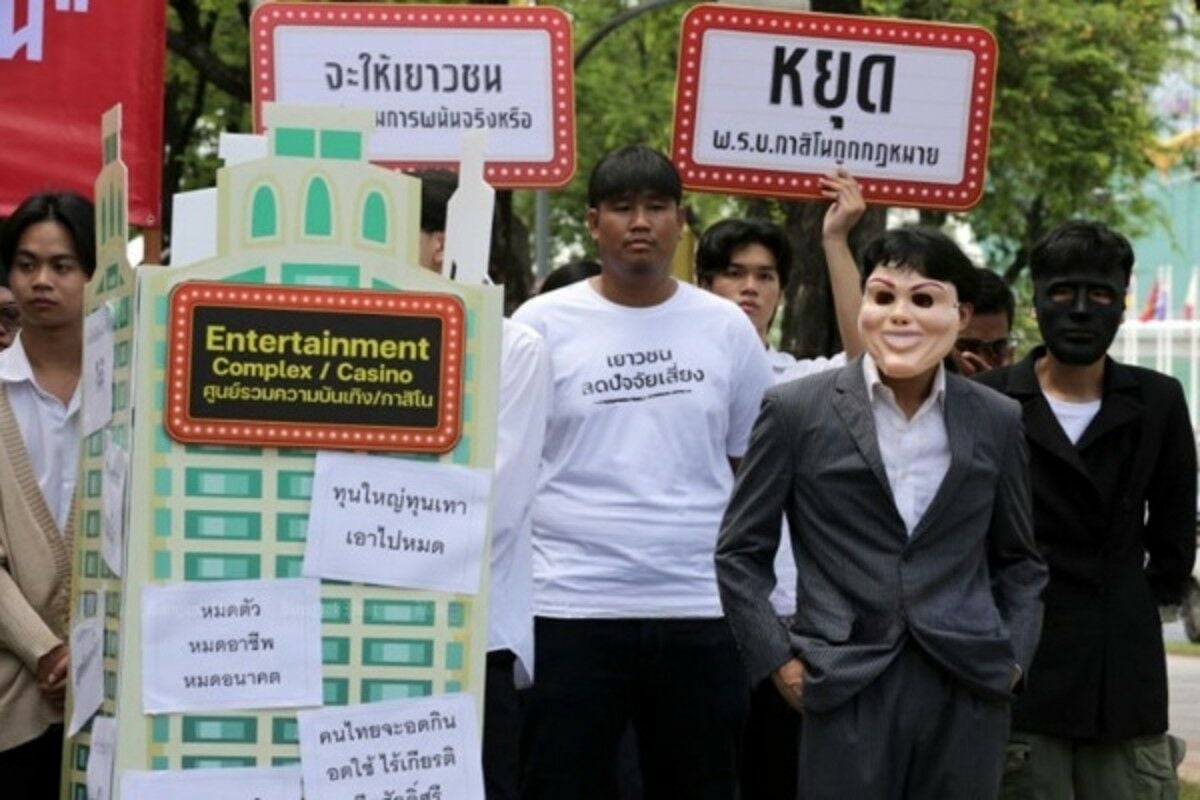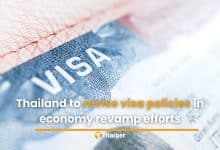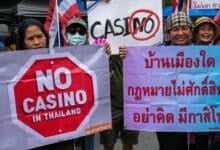Roll the dice: Casino bill feedback to be reviewed by Thai Cabinet

A public hearing on the proposed casino-entertainment complex bill wrapped up with feedback set to be submitted to the Cabinet, announced the Fiscal Policy Office (FPO) at the Ministry of Finance.
The FPO, alongside the Digital Government Development Agency, collected public opinions on the bill via their websites over two weeks. The bill aims to establish entertainment complexes with legally operating casinos.
Advocates of the bill argue that such complexes could significantly boost tourism revenue. They believe that legal casinos within these complexes could further increase tourist spending.
The bill outlines that operators of approved entertainment complexes would receive licences valid for 30 years. Each operator must pay a registration fee of 5 billion baht and an annual fee of 1 billion baht. Operations will be reviewed every five years, and licences can be renewed for an additional 10 years after the initial 30-year period.
The complexes would be accessible to all foreigners, while Thai citizens would need to pay a 5,000 baht entrance fee. Entry would be prohibited for individuals under 20 years old.
A newly formed entertainment complex policy committee, chaired by the prime minister, will establish the rules and regulations governing these gaming complexes.
Companies wishing to operate these complexes must be limited or public limited companies registered in Thailand, with a minimum registered capital of 10 billion baht.
Some participants in the public hearing suggested renaming the bill to the integrated resort bill, citing that this would better reflect a positive image, similar to the model used in Singapore.
There were differing opinions on the licence duration, with some proposing a reduction to 10 years and others suggesting an extension to 50 or even 60 years.
Suggestions were made for operators to receive a VAT exemption and for gambling winnings to be tax-free. Participants also recommended lowering the entrance fee for Thais to 1,000 to 2,000 baht and maintaining this fee nationwide for 10 years before any adjustments.
Some advocated for the complexes to be situated in major tourist destinations such as Phuket, Chiang Mai, Chon Buri, Rayong, or Hua Hin. Additionally, they recommended limiting the number of complexes in Bangkok to three and capping the number in other provinces at seven.
It was proposed that casinos could occupy between 5% and 20% of an entertainment complex’s total area and operate 24 hours a day.
Concerns were raised about the potential for these complexes to become hubs for money laundering, crime, gambling addiction, and other social issues. Proposals included establishing a fund to compensate those adversely affected by legalised gambling, reported Bangkok Post.
What Other Media Are Saying
- Bangkok Post reports that Thailand’s Cabinet endorses a casino legalisation plan, emphasising tax revenue generation and public participation, with a focus on joint investments and social impact mitigation. (read more)
Frequently Asked Questions
Here are some common questions asked about this news
Why might renaming the bill to the ‘integrated resort bill’ influence public perception?
Renaming can evoke a more positive image, making it comparable to successful models like Singapore’s, potentially easing public concerns.
How could the proposed casino-entertainment complexes impact local tourism in Thailand?
They could significantly boost tourism revenue by attracting more tourists and increasing their spending within the country.
What if the licence duration for operators was reduced to 10 years instead of 30?
A shorter duration might increase competition and innovation but could also deter long-term investment.
How might legalised casinos within these complexes affect social issues in Thailand?
There are concerns about increased gambling addiction and crime, necessitating measures like compensation funds for those affected.
What could be the potential economic impact of setting lower entrance fees for Thai citizens?
Lower fees might increase local participation and revenue, balancing accessibility with economic benefits.
Latest Thailand News
Follow The Thaiger on Google News:


























